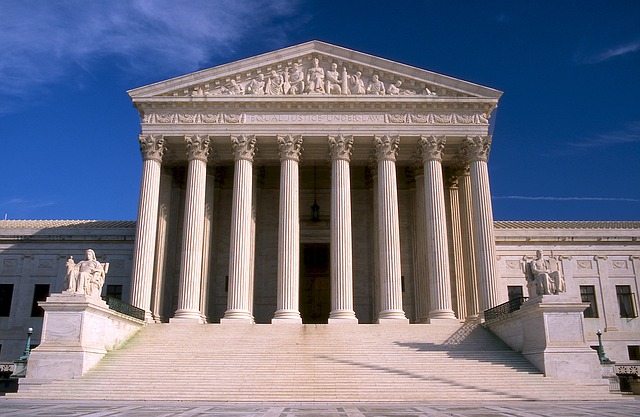
On Friday the Supreme Court elevated this term from mostly meat and potatoes to historic by agreeing to hear four same-sex marriage cases. The Court will decide whether it is constitutional for states to prohibit same-sex marriage and whether states may refuse to recognize same-sex marriages lawfully performed out of state.
While the Court refused to hear a number of cases presenting the same issues earlier in the term, these grants came as little surprise. Between then and now the Sixth Circuit ruled that same-sex marriage bans are constitutional, making it the only federal circuit to consider this question and reach that conclusion. The four cases the Court granted came out of each state in the Sixth Circuit (Kentucky, Michigan, Ohio, and Tennessee).
Currently, same-sex marriages are allowed in 36 states. In some of these states legislatures have passed laws recognizing same-sex marriage, in other states courts have struck down laws disallowing same-sex marriage.
The Court will hear oral argument in these cases at the end of April and will issue a decision by the end of June.
State and local governments, as issuers of marriage licenses and as employers, will be affected by the Court’s decision in these cases. And the legal test that the Court applies to determine the outcome of these cases will have implications for other cases brought by gays and lesbians.
New, Reduced Membership Dues
A new, reduced dues rate is available for CAOs/ACAOs, along with additional discounts for those in smaller communities, has been implemented. Learn more and be sure to join or renew today!
